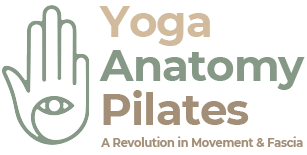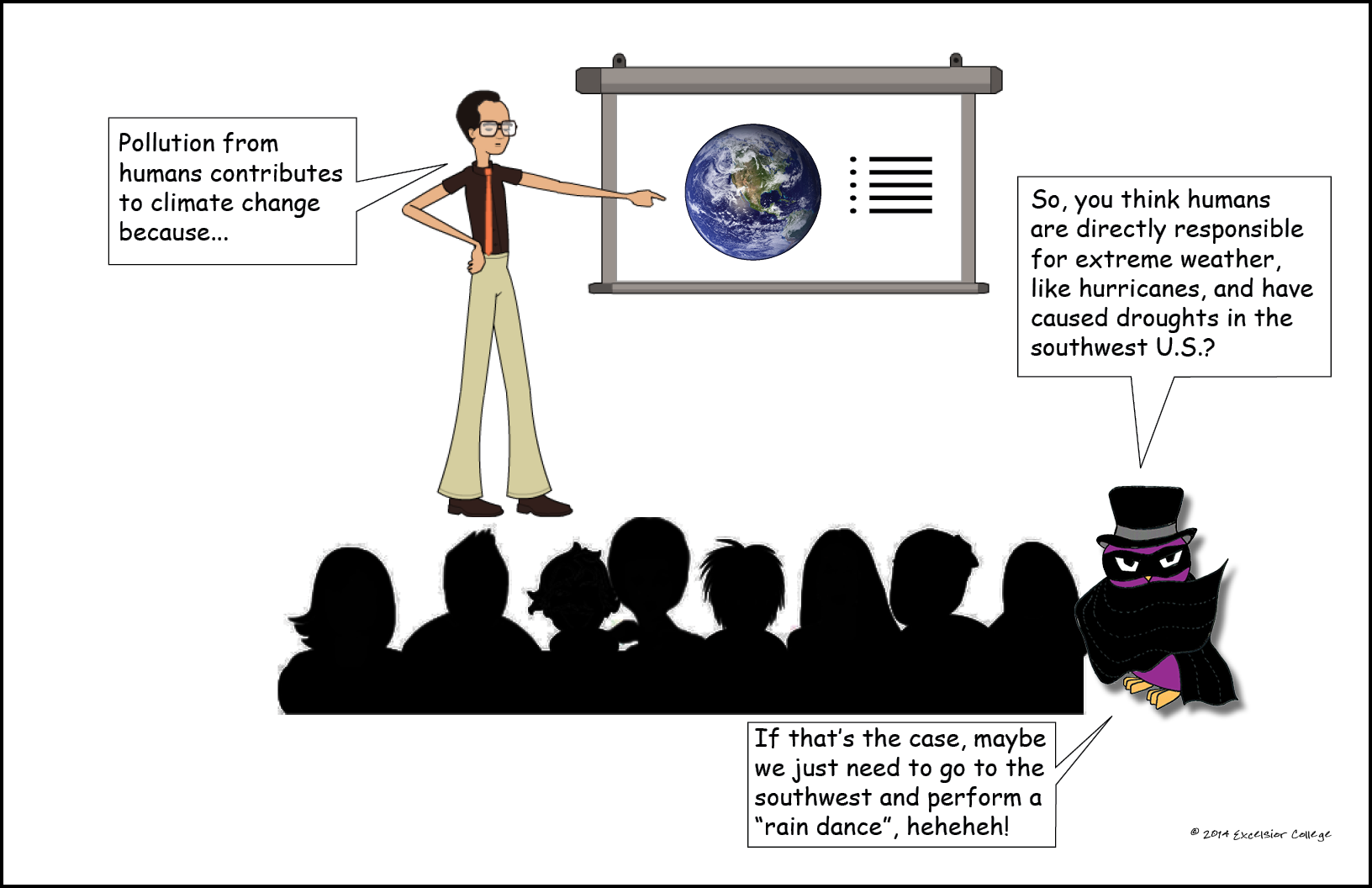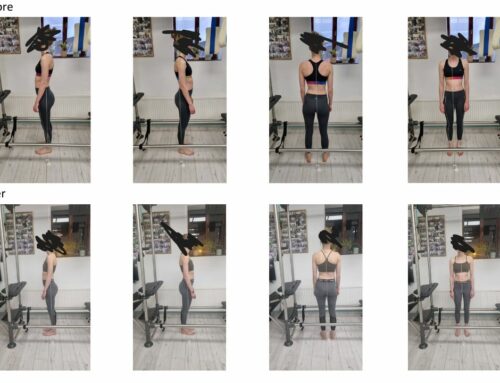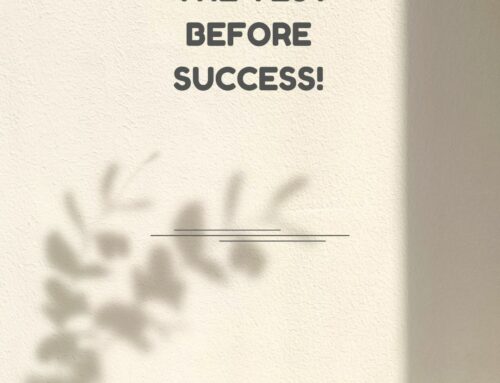A straw man fallacy occurs when someone takes another person’s argument or point, distorts it or exaggerates it in some kind of extreme way, and then attacks the extreme distortion, as if that is really the claim the first person is making.
I get flack from friends and relatives who think I am completely against Western Medicine. I’m not. That’s a misunderstanding – a straw man. Western Medicine can, and does, save lives every day. If you’ve broken a limb or have an acute parasite infection… the ER is the place to go and I’m grateful all of those Doctors and Nurses are there. Sometimes we do need surgeries (even if we rely on them too much). Again, I’m not against Western Medicine.
My problem is that it’s reactive. The approach generally waits until you start to show symptoms and THEN goes into action. This is not helped by our governments and big corporate manufacturers who give us the wrong advice. We are always sold the solution which is a quick fix. This has and is always the way to make money. This is what I am against. Diet and lifestyle are rarely considered these days and the foundations of health which lie with godfather of medicine Hippocrates are long forgotten. In anything in life you have to do the work. If we really care about or NHS we have to put in the work on ourself.
Western Medicine gets you to the point where you’re surviving, and that’s no joke. It is starting to change with functional medicine and such pioneers as Dr.Chattergee, Dr.John Hyman and cardiologist Dr.Aseem Malhotra.

But what if you want to be your best?
What if you want to improve your life above the average baseline? Western Medicine doesn’t have much to offer you there. In that case, you need something more than reactive medicine – you need to be proactive, your right brain, you need to take action and stop talking and living in your left brain. You need to take your health and fitness into your own hands or to find an expert coach who can guide you. I have a mentor myself to keep me on track and also so that I have accountability. What we focus on is what we get. People who succeed in life and people who fail in life. Ultimately they had the same goals when setting out. So what splits them into failures and successes? Our choices shape our body. There are those people who take risk and those who do not. Do the same, get the same.
I don’t want to help people just survive, I wanted to help them thrive whatever that meant to them! I’ve helped clients to come to grips with deep emotional woulds, freeing them to contribute in life in ways they’ve never imagined and in the process watched their diseases fade away. I’ve seen the joy on my clients faces when they discover a creative side they never knew they had.
Most importantly, these results last. But you need to have processes in place.
What is a process, it’s quite simply how you go about your day and get things done. Whats included in your day and what isn’t. Your current processes may be guesstimating how much you eat, drink, sleep and just getting a workout. What you listen to, read and watch. The conversations you have, your peer group level, your family, your friends.
Is the process good enough? Well your body will tell you the answer. Well the end result will determine that, won’t it. If you’re in a sales job, your processes would be how you qualify and close leads. Are your current processes good enough?
Again look at your body? See where I am going?
Habits. Take. Time.
These emails, I sent them for years each day before I made a sale. Hundreds without a sale. But I sharpened my ability and kept going. I continued to be my own authentic self (even though people unsubscribed) and now I send them every week to hundreds of people.We all want the same things in life. Just not all of us have the processes necessary to accomplish them.So I don’t want you to worry too much about your processes, we can work on that later. I just want you to evaluate HOW YOUR CURRENT PROCESSES ARE SERVING YOU.
Call now for your free phone consult: 0800-2460-1251
Bibliography
James Smith newsletter
Paul Chek newsletter






